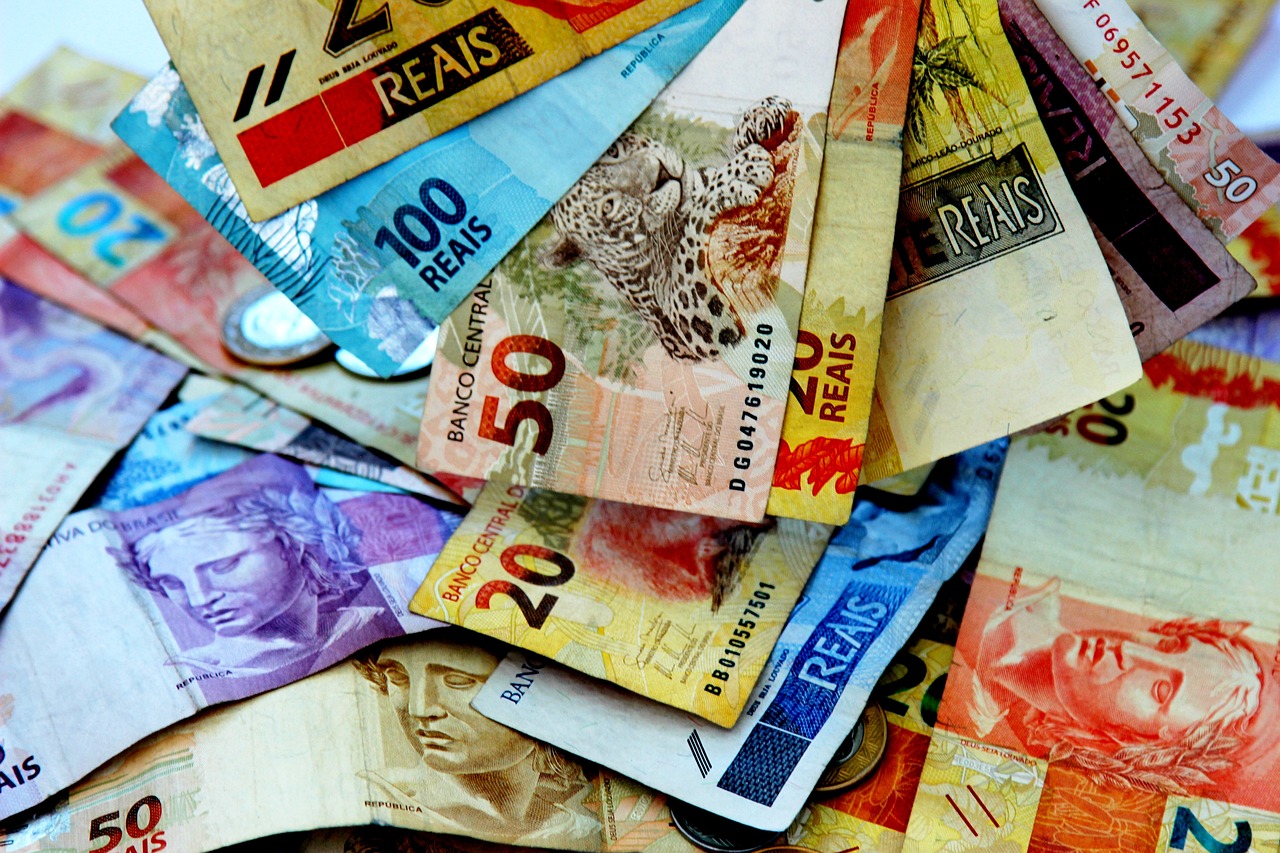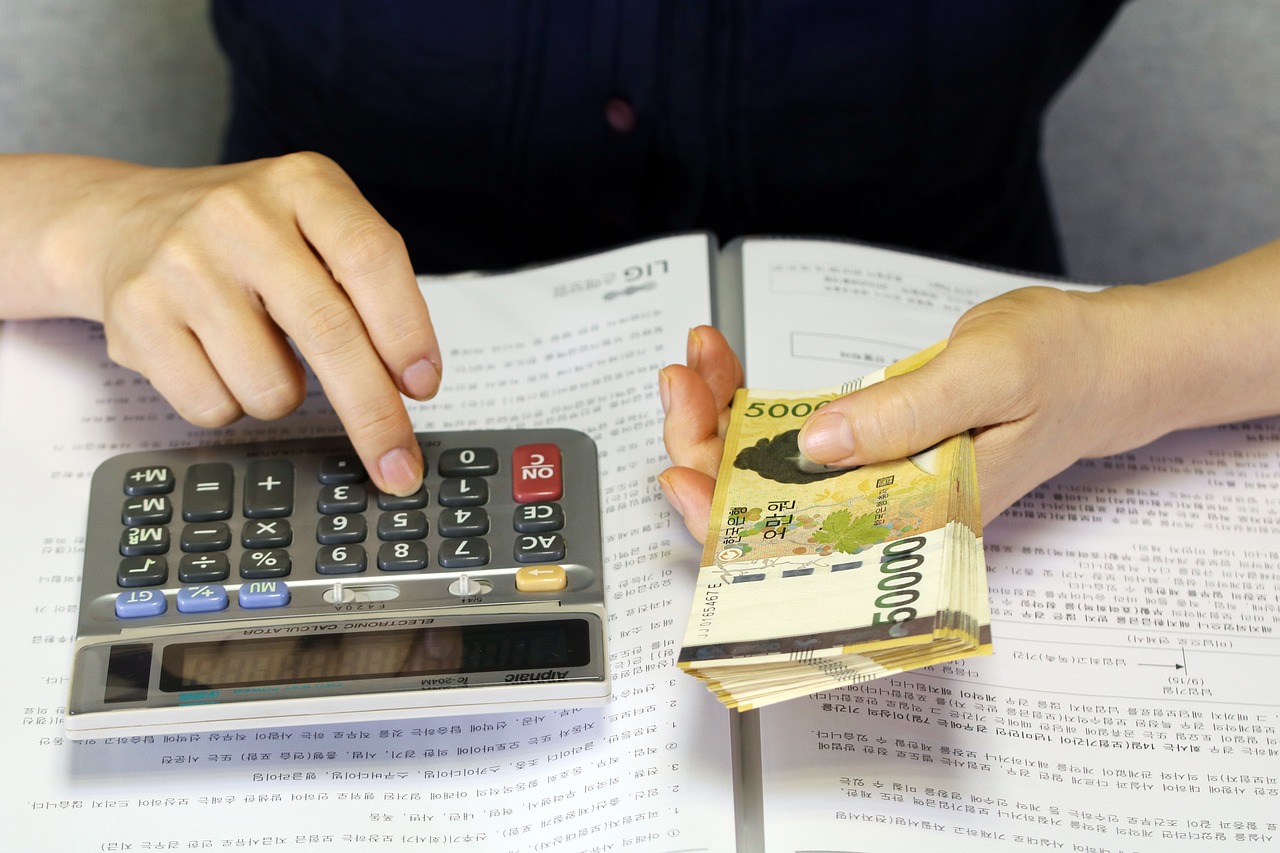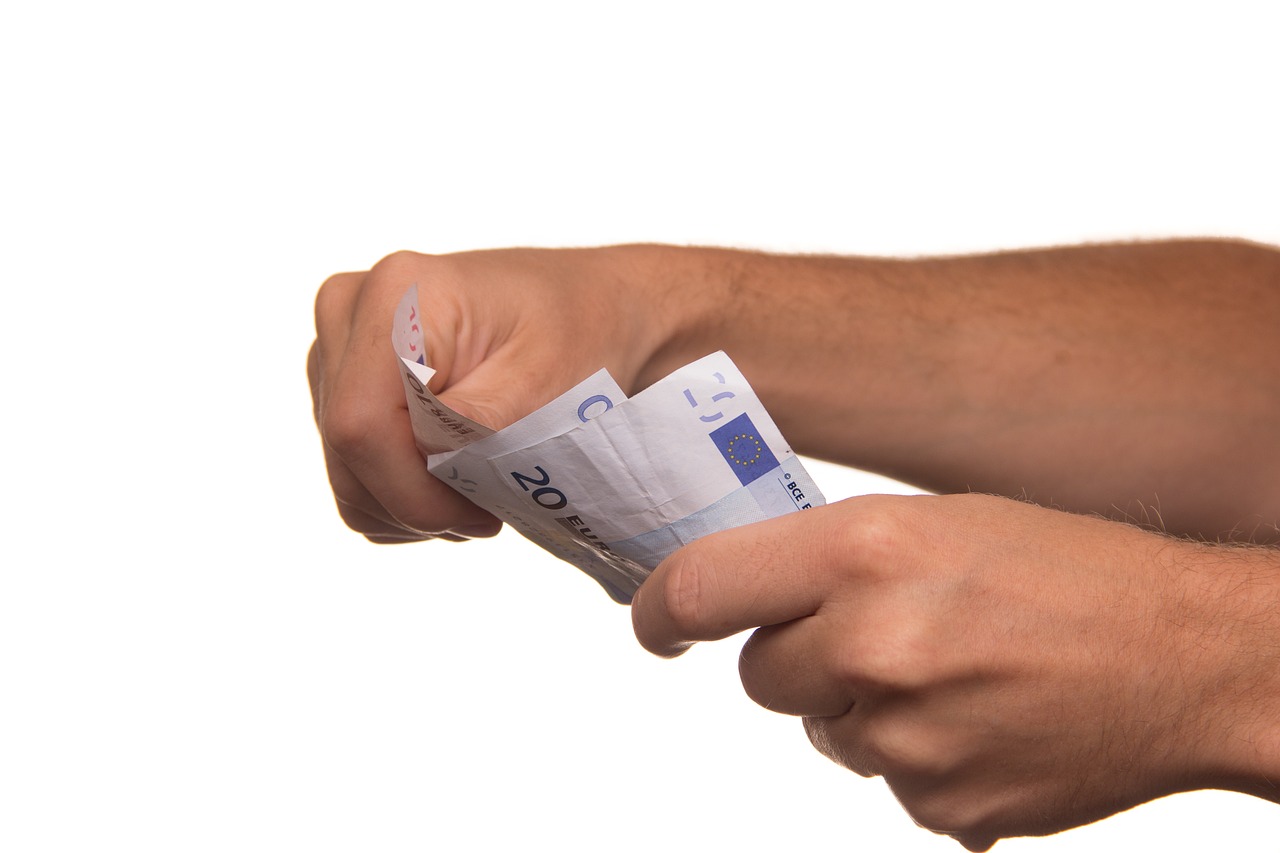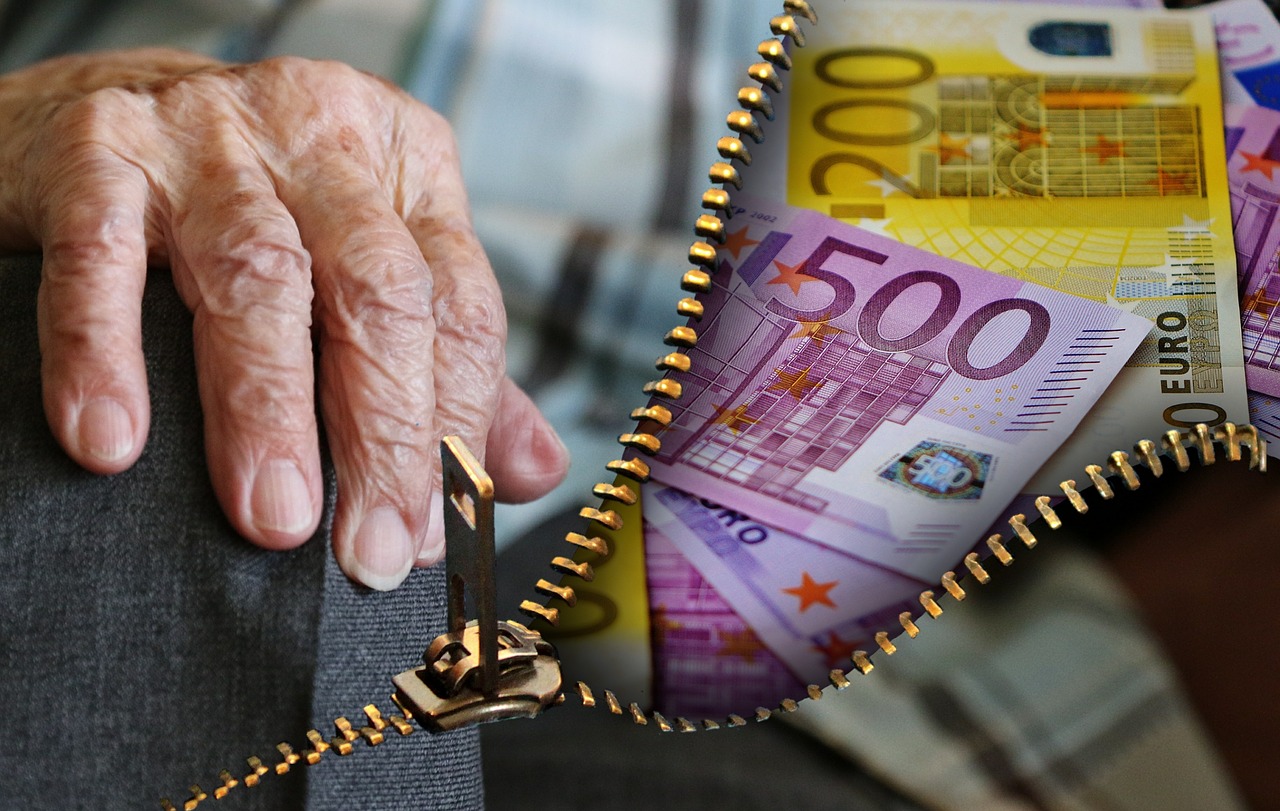How to Exchange 100 Dollars to Yen: Rates, Fees, and Tips for US Travelers in Japan
GPT_Global - 2025-11-12 14:00:52.0 12
Does exchanging 100 dollars to yen in Japan yield a better rate than in the US?
When considering remittance services, one of the most common questions people ask is whether exchanging money in Japan yields a better rate than doing so in the US. The answer depends on several factors, including exchange rates, service fees, and the method of transfer.
In general, exchange rates in Japan may appear more favorable for some currencies, including the US dollar. However, it’s important to note that currency exchange services in Japan, especially at banks or airport kiosks, may charge higher fees and offer less competitive rates compared to local providers in the US.
In the US, banks, online platforms, and remittance services often provide competitive rates and lower fees for currency exchange. Additionally, many platforms allow for easy transfers of funds directly to recipients in Japan, ensuring convenience alongside competitive rates.
Ultimately, whether exchanging $100 to yen in Japan or the US yields a better rate depends on your specific exchange provider. Always compare options, including rates, fees, and transfer methods, to ensure you’re getting the best deal for your remittance needs.

What are the most common fees associated with exchanging 100 dollars to yen?
When exchanging $100 to yen, several fees may apply, depending on the service provider. The most common fees include exchange rate margins, transaction fees, and service charges. Each of these can significantly impact the final amount of yen received.
The exchange rate margin is the difference between the market rate and the rate offered by the service provider. Remittance companies usually mark up the rate to cover their operating costs, leading to a slightly lower amount of yen than the current market rate. This margin is often the most significant hidden fee.
Transaction fees are another common cost. These can either be a flat fee or a percentage of the transaction amount. Some providers offer fee-free services, but this is usually reflected in a less favorable exchange rate.
Finally, some companies charge additional service fees for transferring money, especially for international remittance. It’s important to compare different providers to ensure the lowest possible fees, which can make a notable difference when exchanging currencies like dollars to yen.
Can I expect to get the same amount of yen whether I exchange my dollars at the airport or a bank?
When it comes to exchanging your dollars for yen, the exchange rate can vary significantly depending on where you choose to convert your money. Whether at the airport or a bank, the rates are influenced by different factors, and understanding these can help you make the best decision for your remittance needs.
At the airport, currency exchange services tend to offer less favorable rates. Airport exchange booths typically charge higher fees and offer lower rates to cover their operating costs. While convenient, this could mean you’re getting fewer yen for your dollars than you would at other locations.
On the other hand, banks usually provide better exchange rates. They tend to offer more competitive rates because they have lower overheads compared to airport exchanges. However, you might need to allow extra time for processing, especially if you're looking to exchange large sums.
Ultimately, the best choice depends on your urgency and the amount of money you're exchanging. For a better deal on larger remittances, consider going to a bank or using an online remittance service. Always compare the rates and fees to ensure you get the most value for your dollars.
What are some alternatives to exchanging 100 dollars for yen in Japan?
When traveling to Japan, exchanging money is a common task. However, instead of exchanging 100 dollars directly for yen at a currency exchange counter, there are several alternatives that could provide better rates and convenience. One option is using a remittance service. These services allow you to send funds from your home country directly to a recipient or bank account in Japan, often with lower fees and better exchange rates than traditional currency exchange services.
Another alternative is using international money transfer apps. Apps like TransferWise or Revolut allow you to send money directly to Japan in real-time at competitive exchange rates. These platforms often bypass intermediary banks, meaning lower transaction fees for you.
Additionally, consider using a credit card with no foreign transaction fees. Many credit cards offer competitive exchange rates and convenience without the need for physical cash. Some even offer rewards, making your spending more rewarding.
Lastly, prepaid travel cards are another option. These cards can be loaded with USD and converted into yen at competitive rates, and they can be used just like a debit card while traveling in Japan.
What should I consider when choosing where to exchange 100 dollars into yen?
When exchanging $100 into Japanese yen, it’s essential to consider several factors to ensure you get the best value. First, compare exchange rates from different providers. Rates can vary significantly between banks, currency exchange services, and online platforms. A slight difference in rates can make a considerable impact on the amount you receive.
Next, check for any additional fees or commissions. Some providers may offer favorable exchange rates but charge hidden fees that reduce your total amount. Always read the fine print to understand the total cost of the transaction.
Another factor to consider is convenience. If you need the exchange in a hurry, choose a provider with fast and reliable services. Many remittance businesses offer quick transfers online, saving you time compared to in-person exchanges.
Lastly, review the provider’s reputation. Choose a remittance service with positive customer feedback, secure transactions, and transparent policies to ensure peace of mind when exchanging your $100 into yen.
How does the strength of the Japanese yen affect US travelers with 100 dollars?
Understanding how currency fluctuations affect international travelers is crucial for anyone looking to manage their finances abroad. One of the key factors that influence this dynamic is the strength of the Japanese yen. When the yen is strong against the US dollar, American travelers with $100 may find that their purchasing power in Japan decreases, as they will need more yen to get the same goods and services they could purchase in the US.
For example, if the exchange rate is 100 yen per dollar, $100 would give you 10,000 yen. However, if the yen strengthens, say to 110 yen per dollar, your $100 would only convert to 9,100 yen. This means that US travelers will face higher costs for accommodation, meals, and other expenses in Japan.
On the other hand, when the yen weakens, the opposite effect occurs, and travelers will have more purchasing power. It’s essential for US travelers to keep track of exchange rates to ensure they get the most value for their money, and remittance services can play a key role in helping them transfer money efficiently at favorable rates when needed.
Are there any major differences in exchange rates for 100 dollars to yen between different currency exchange services?
When it comes to sending money abroad, one important consideration is the exchange rate, especially when converting dollars to yen. The exchange rate can vary significantly between different currency exchange services, which can directly affect the amount your recipient receives.
Traditional banks, online remittance services, and exchange kiosks all offer different rates. Banks often provide competitive rates, but they might charge additional fees or have a lower rate for smaller amounts. On the other hand, online remittance services often offer better exchange rates due to their lower overhead costs, but it’s important to check for hidden fees, which can affect the total amount received.
Additionally, third-party currency exchange kiosks, often found in airports or shopping centers, may offer less favorable rates due to their convenience and the convenience factor. To get the best deal, it’s advisable to compare rates from different services before making a transfer, and to consider both the exchange rate and any additional fees that may apply.
About Panda Remit
Panda Remit is committed to providing global users with more convenient, safe, reliable, and affordable online cross-border remittance services。
International remittance services from more than 30 countries/regions around the world are now available: including Japan, Hong Kong, Europe, the United States, Australia, and other markets, and are recognized and trusted by millions of users around the world.
Visit Panda Remit Official Website or Download PandaRemit App, to learn more about remittance info.



